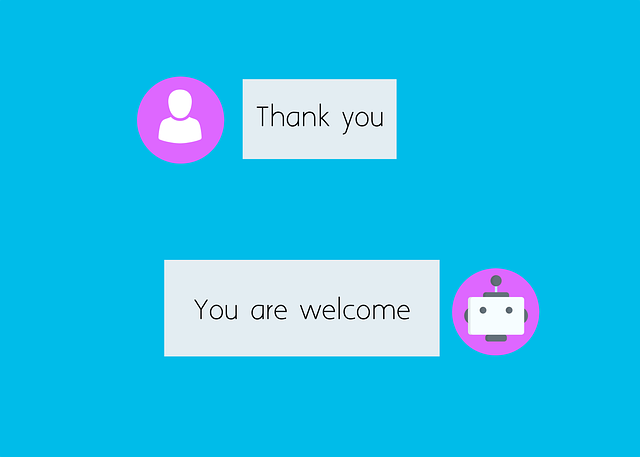AI-powered occupancy sensors transform mobile home park management by offering real-time data through intuitive dashboards. These tools help track vacant units, anticipate demand, and optimize pricing while ensuring fair housing compliance. By monitoring overoccupancy and tenant demographics, AI algorithms detect potential discrimination, fostering inclusivity and enhancing resident satisfaction. This technology empowers managers to make informed decisions promptly, promoting sustainability, profitability, and a positive reputation for modern mobile home communities.
“Revolutionize your mobile home park’s management with AI-driven occupancy sensors. This technology promises enhanced fairness and efficiency in housing operations. Our article explores how these intelligent sensors can optimize park management, ensuring every tenant’s comfort while streamlining administrative tasks. We delve into the benefits of AI fair housing compliance dashboards, offering data-backed insights to maintain a well-regulated environment. By implementing smart sensor technology, parks can create a seamless, compliant living experience.”
- Understanding AI-Powered Occupancy Sensors for Mobile Home Parks
- Enhancing Fair Housing Compliance with Data-Driven Dashboards
- The Benefits and Implementation of Smart Sensor Technology
Understanding AI-Powered Occupancy Sensors for Mobile Home Parks

AI-powered occupancy sensors are transforming the way mobile home parks manage space and ensure fair housing practices. These intelligent systems leverage advanced algorithms to monitor and analyze tenant activity, providing park managers with valuable insights into occupancy patterns and resource allocation. By integrating AI, parks can efficiently track vacant units, anticipate demand, and optimize pricing strategies, fostering a more sustainable and profitable environment.
Moreover, these sensors play a crucial role in achieving fair housing compliance. With real-time data on tenant presence, parks can identify potential overoccupancy issues and ensure every resident enjoys equal access to amenities. AI dashboards offer a user-friendly way to visualize this data, enabling managers to make informed decisions promptly. This technology not only enhances the overall living experience but also promotes transparency and accountability in mobile home park management.
Enhancing Fair Housing Compliance with Data-Driven Dashboards

In the pursuit of equal housing opportunities, AI-driven occupancy sensors offer a significant advantage in managing and maintaining mobile home parks. By implementing data-centric dashboards for fair housing compliance, park managers gain real-time insights into tenant occupancy, enabling them to make informed decisions. These AI tools can identify potential issues related to discrimination or unfair practices by analyzing demographic data and ensuring equal distribution of residents across the park.
Dashboards provide a user-friendly interface, allowing park owners to monitor key performance indicators, such as occupancy rates by demographic groups, and quickly address any disparities. This proactive approach not only enhances fair housing compliance but also fosters a more inclusive environment, ultimately contributing to the overall success and reputation of mobile home parks in today’s digital era.
The Benefits and Implementation of Smart Sensor Technology

The implementation of smart sensor technology in mobile home parks offers a multitude of benefits, especially in terms of AI-driven fair housing compliance. These sensors can monitor occupancy and movement patterns within individual homes, providing detailed data that aids in identifying potential issues related to discrimination or unfair practices. By analyzing usage trends, AI algorithms can detect disparities in access or resource allocation, ensuring all residents have equal opportunities. This technology serves as a powerful tool for park managers to maintain transparent and inclusive communities.
Moreover, the real-time insights provided by these sensors enable efficient management of park resources. For instance, occupancy data can optimize maintenance schedules, reducing costs and enhancing overall resident satisfaction. AI fair housing compliance dashboards, integrated with these sensors, offer a centralized view of park activities, allowing managers to quickly address any discrepancies and ensure regulatory adherence. This proactive approach not only benefits the residents but also promotes a positive image of well-managed, modern mobile home communities.
AI-powered occupancy sensors offer a transformative solution for mobile home park management, promoting efficient operations and enhanced fair housing practices. By leveraging data-driven dashboards, park managers can gain valuable insights into occupancy patterns, improve resource allocation, and ensure equal access to amenities. These intelligent systems not only streamline compliance with fair housing regulations but also create a more comfortable and inclusive living environment for residents. With the implementation of smart sensor technology, mobile home parks can stay ahead of the curve in community management, providing a modern approach to an age-old concept.
